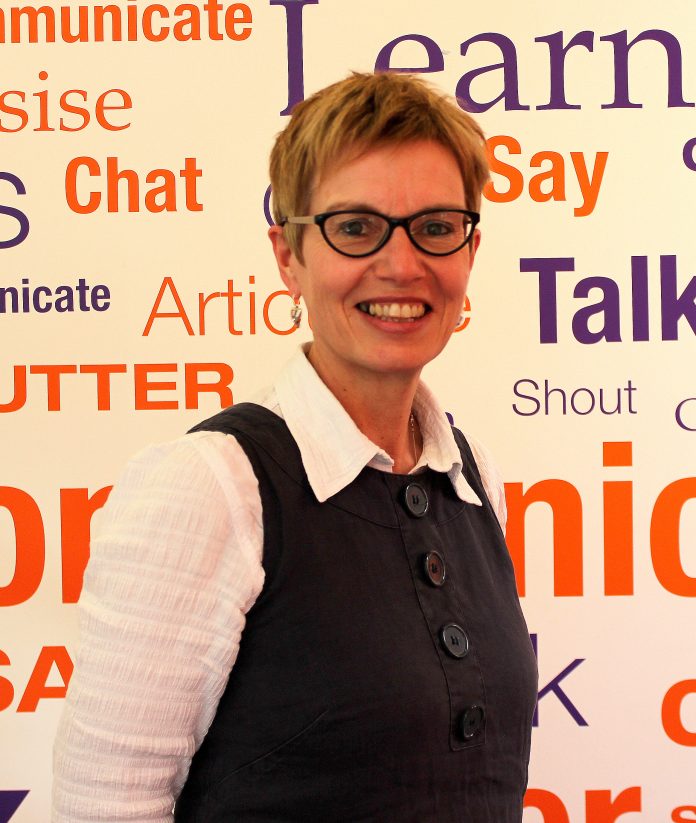Mary Hartshorne asks if speech, language and communication are forgotten skills and gives a compelling response to this intriguing thought
Having worked in the field of children’s speech, language and communication for nearly 40 years, it is perhaps not surprising that communication skills come top of my priority list when I think about what’s important for children. But that’s not the case for everyone; many people are unaware of just how critical these skills are.
Recently, Education Secretary Damian Hinds announced a new collation of companies and charities whose objective would be to promote the importance of the home learning environment in supporting children’s early language. He considered it a “scandal” that some children start school unable to speak in full sentences. There was quite a bit of media interest in this and when asked why this was happening, I focused on the fact that while many people see the importance of reading, a healthy diet, physical exercise – learning to talk is not seen as part of this list. It’s interesting that in Damian Hinds’ speech, he very quickly moves onto the importance of learning to read.
And yet there is plenty of robust evidence that clearly shows the importance of early language underpinning reading:
- Language at age two predicts reading, maths and writing when children start school
- Early language is the single most important factor in influencing literacy levels at age 11, more important than behaviour, peer relationships, emotional wellbeing, positive interaction and attention.
Even more importantly, the role adults play in helping children to read, eat properly and exercise is well understood, but frequently there is a belief that children just learn to talk by themselves. ‘It just happens.’ In actual fact, the adults’ role in supporting language development is critical, so Damian Hind’s speech is welcomed.
Fortunately, the tide may be turning, certainly in schools. A couple of major reports show just how aware teachers are of the importance of good spoken language skills in children; in one survey, over two-thirds of teachers across primary and secondary schools felt it was very important that communication skills were taught in schools. Another survey saw language as opening doors, unlocking the world of reading, writing, learning and releasing children’s potential to grow.
If anything, with a move towards a service-driven economy, employers see communication skills as even more critical. Time and again employer surveys rate young people’s communication skills as the most important skill needed for their first job. Although, they also report that they are the skills most lacking in new recruits and there’s been a call for the gap between what’s taught in schools and what’s needed in the workplace to be addressed.
Added to this, young people themselves also recognise the importance of having good communication skills:
“Good communication is one of the most important skills anyone could have..”
“Oh my God, it just affects everything.”
People knowing about children’s speech, language and communication matters. Without an understanding of the importance of these skills, it’s easy for them to get left off the ‘most important’ list and critically, it is easy for children who have difficulty learning to communicate – children with speech, language and communication needs (SLCN) to get missed. This was one of the key findings of Bercow: Ten Years On, a national review of provision for children and young people with SLCN.
It found a lack of awareness of the importance of children’s communication, especially in decision-makers. The report of the review, led by I CAN and the Royal College of Speech and Language Therapists (RCSLT) was published in March this year. It found that children’s communication wasn’t prioritised in national and local strategy. Because of this, the report found a lack of focus on spoken language in the way children learn and, in the systems, which ensure parents and carers have the information and services they need to support early language. It found a postcode lottery of services for children with SLCN; the support children get depends on where they live and often, on which school or setting they go to.
More optimistically, the report also draws on the many examples of effective practice which were presented in oral evidence sessions. From these, powerful recommendations, strategic solutions are presented.
It is encouraging that children’s early language is so prominent in the government’s Social Mobility Action Plan, with widespread recognition of the ‘word gap’ between young children in disadvantaged areas and their peers. This isn’t enough; speech, language and communication continue to be important beyond age five. Children need language to learn, understand what they read, solve problems and manage their emotions right through adolescence and into adulthood. Likewise, many children with SLCN have long-term difficulties for which they need on-going support. More needs to be done.
The report and recommendations are complemented by a website http://www.bercow10yearson.com It hosts a wealth of calls to action and practical steps to change for everyone: school staff, practitioners working early years, parents, young people and commissioners. Take a look, take action, sign the petition asking for a full government response and keep up-to-date with progress by following #Bercow10.
Mary Hartshorne
Head of Evidence
I CAN
Tel: +44 (0)20 7843 2510











